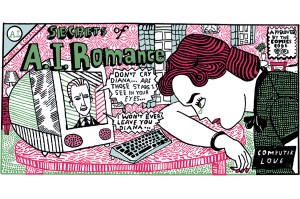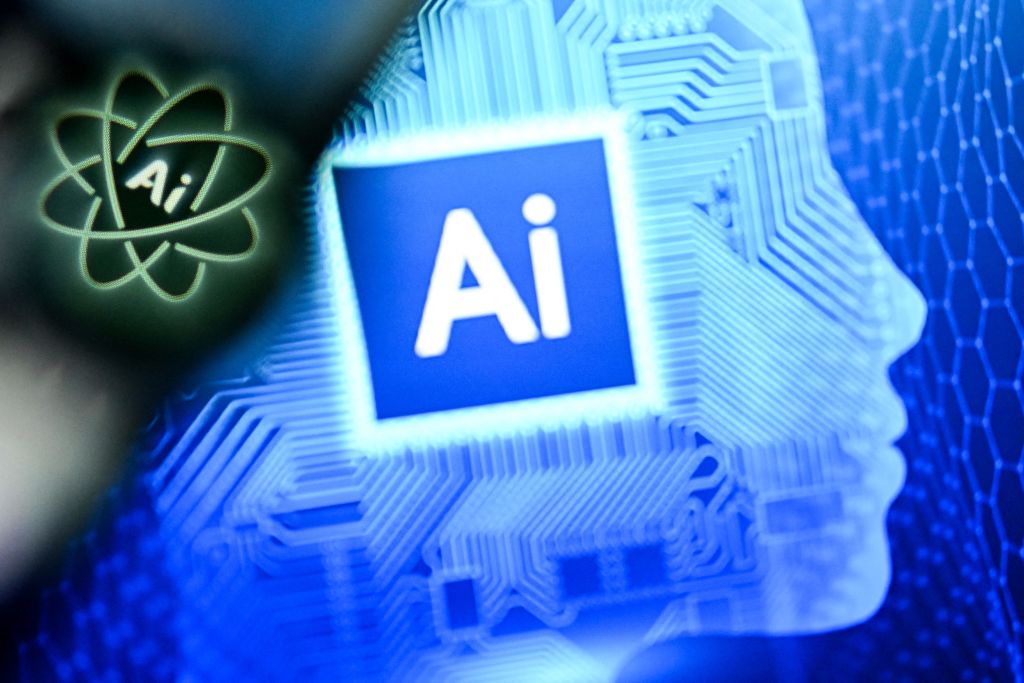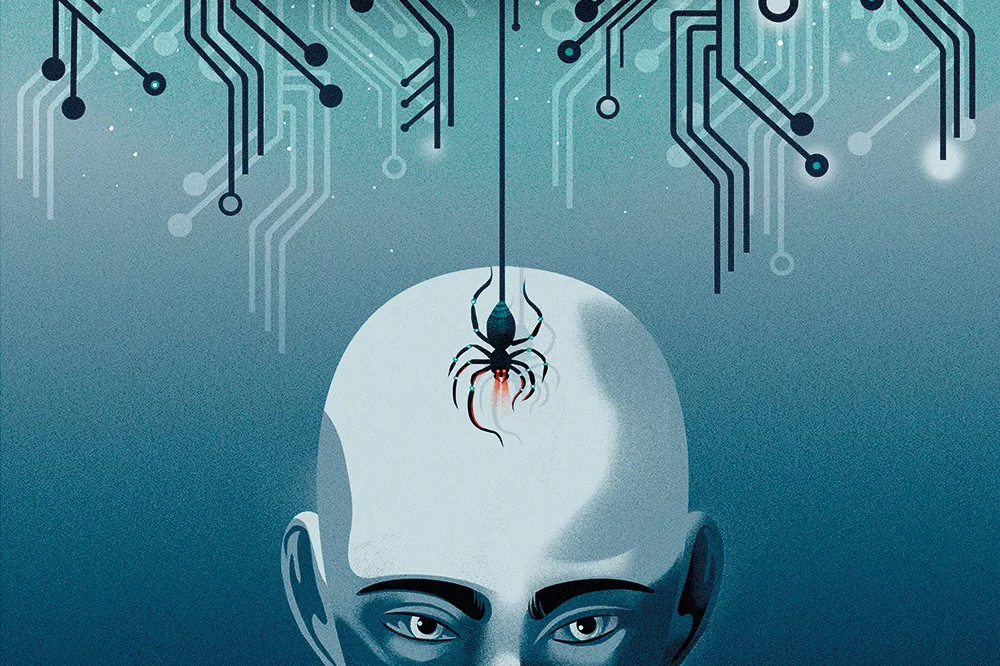Apple has a reputation for advertising that not only sells their products effectively, but sets a standard few of their competitors could ever hope to attain. Their famous ad for the Mac, which launched forty years ago, was directed by Ridley Scott, fresh from Blade Runner, and channelled Orwell’s Nineteen Eighty-Four to thrilling and iconic effect. But this genius for marketing makes their latest, much-castigated promotional film for the new iPad, “Create,” both bewildering and disturbing. It is utterly inexplicable that their highly-paid teams of marketing experts and PRs would ever have believed it to be a good idea.
In the clip, which (subconsciously or otherwise) pays homage to Scott’s early ad, many accoutrements of human endeavor, from musical instruments and books to artworks and arcade games, are placed on a platform and slowly crushed, being transformed into nothing more than a paint-oozing mess. The a, which is soundtracked by Sonny and Cher’s incongruously jaunty “All I Ever Need is You,” is designed to showcase the new iPad Pro, Apple’s thinnest ever product. The idea behind it is that this single product will double up as typewriter, music creator, book, camera and a great deal more. Tim Cook, Apple’s CEO, hopes that his company’s single, hugely expensive and sophisticated, offering will become the only thing that you need at home.
Unsurprisingly, there has been an outcry. Hugh Grant — always good value on social media — tweeted: “The destruction of the human experience. Courtesy of Silicon Valley.” Filmmaker Asif Kapadia wrote that “[I] like iPads but don’t know why anyone thought this ad was a good idea. It is the most honest metaphor for what tech companies do to the arts, to artists musicians, creators, writers, filmmakers: squeeze them, use them, not pay well, take everything then say it’s all created by them.” Others said that it plays like a grim inversion of the previous Apple advertisement, as if the forces of Big Brother had triumphed and that all individuality had, quite literally, been crushed. Swap all your books, musical instruments and artworks for one anonymous piece of gleaming metal and glass, and pay handsomely for the privilege.
It is hard not to avoid the feeling that Apple, for so long the world’s leading and most admired technological company, has lost its way. Whether they are sinking hundreds of millions into commercial flops like Matthew Vaughn’s Argyll to promote their TV offering or releasing new updates to their iconic products like the iPhone that have largely been met with a shrug by the general public, the sense is growing that the company’s Midas touch is increasingly tarnished. Whispers that it has never quite been the same since its visionary founder Steve Jobs died in 2011 have persisted. In the past few years, the business has brought the old adage to mind that their work may be both good and original, but what is good is not original and what is original is not good.
It would be astonishing if the “Crush” advertisement remained in circulation for very long. Perhaps Apple will issue an apologetic statement suggesting they screwed up. But whatever they do, it will be hard to avoid the feeling that it’s too little, too late.
Orwell famously suggested that the dystopian future he depicted consisted of “a boot, stamping on a human face, forever.” Imagine the same face being continually hit with an iPad Pro, and you have Apple’s very own vision of such a future. Steve Jobs’s most famous slogan for his company was “Think Different.” They have now, indeed, thought differently, and you can only imagine him revolving in his grave at such a travesty of his legacy.
This article was originally published on The Spectator’s UK website.


























Leave a Reply